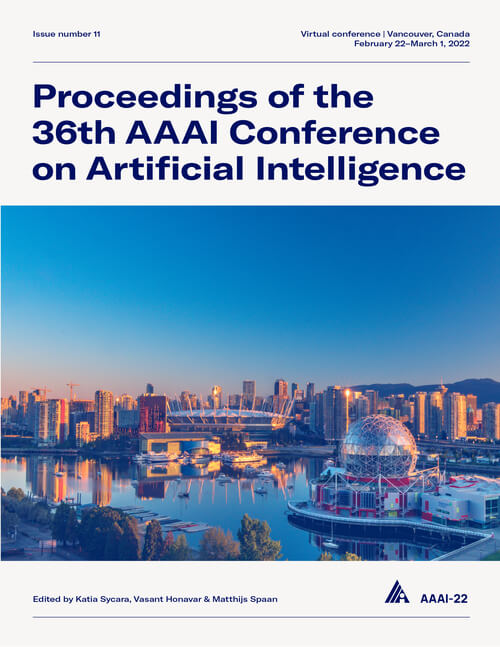Socially Fair Mitigation of Misinformation on Social Networks via Constraint Stochastic Optimization
DOI:
https://doi.org/10.1609/aaai.v36i11.21436Keywords:
AI For Social Impact (AISI Track Papers Only)Abstract
Recent social networks' misinformation mitigation approaches tend to investigate how to reduce misinformation by considering a whole-network statistical scale. However, unbalanced misinformation exposures among individuals urge to study fair allocation of mitigation resources. Moreover, the network has random dynamics which change over time. Therefore, we introduce a stochastic and non-stationary knapsack problem, and we apply its resolution to mitigate misinformation in social network campaigns. We further propose a generic misinformation mitigation algorithm that is robust to different social networks' misinformation statistics, allowing a promising impact in real-world scenarios. A novel loss function ensures fair mitigation among users. We achieve fairness by intelligently allocating a mitigation incentivization budget to the knapsack, and optimizing the loss function. To this end, a team of Learning Automata (LA) drives the budget allocation. Each LA is associated with a user and learns to minimize its exposure to misinformation by performing a non-stationary and stochastic walk over its state space. Our results show how our LA-based method is robust and outperforms similar misinformation mitigation methods in how the mitigation is fairly influencing the network users.Downloads
Published
2022-06-28
How to Cite
Abouzeid, A., Granmo, O.-C., Webersik, C., & Goodwin, M. (2022). Socially Fair Mitigation of Misinformation on Social Networks via Constraint Stochastic Optimization. Proceedings of the AAAI Conference on Artificial Intelligence, 36(11), 11801-11809. https://doi.org/10.1609/aaai.v36i11.21436
Issue
Section
AAAI Special Track on AI for Social Impact

